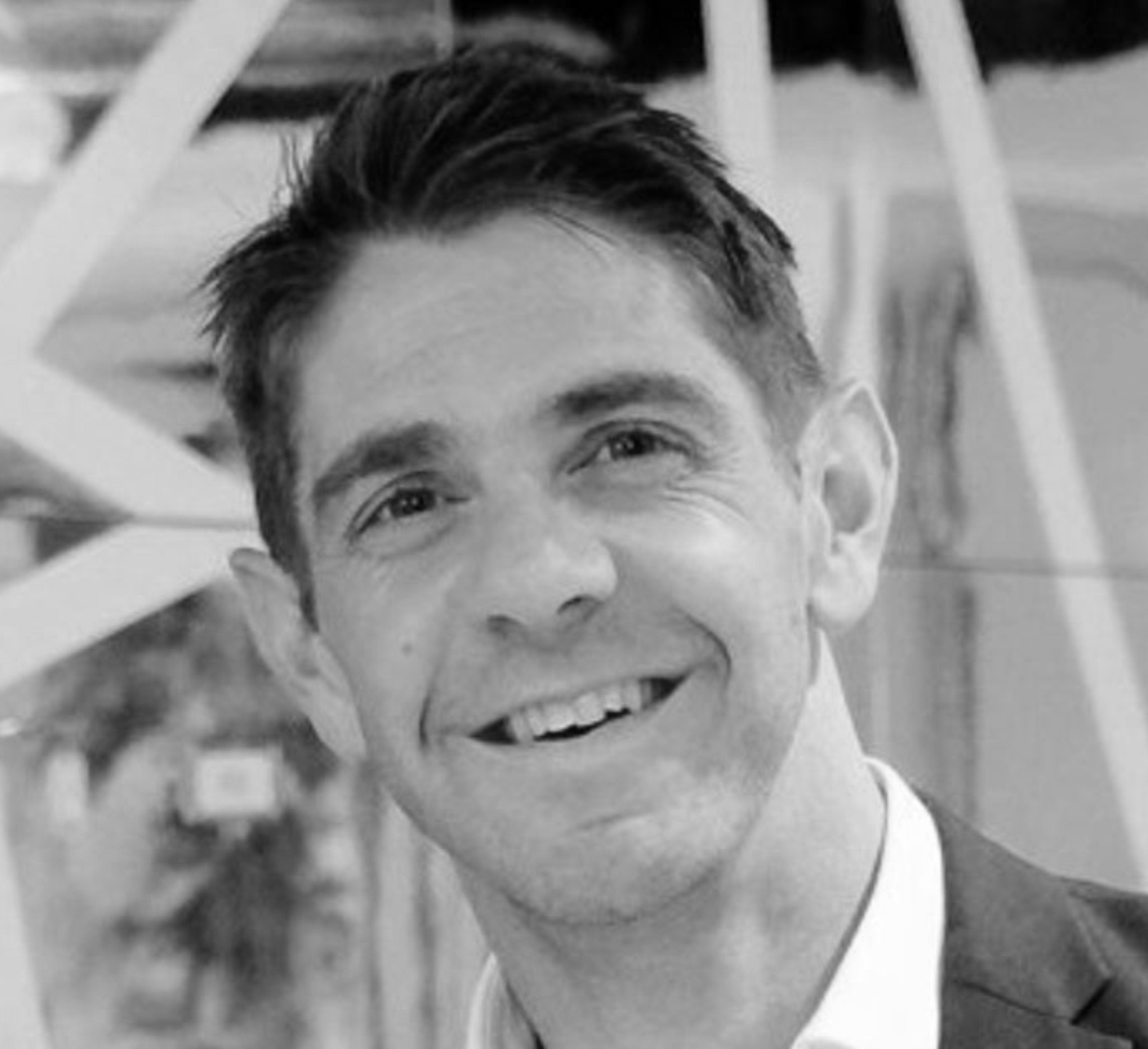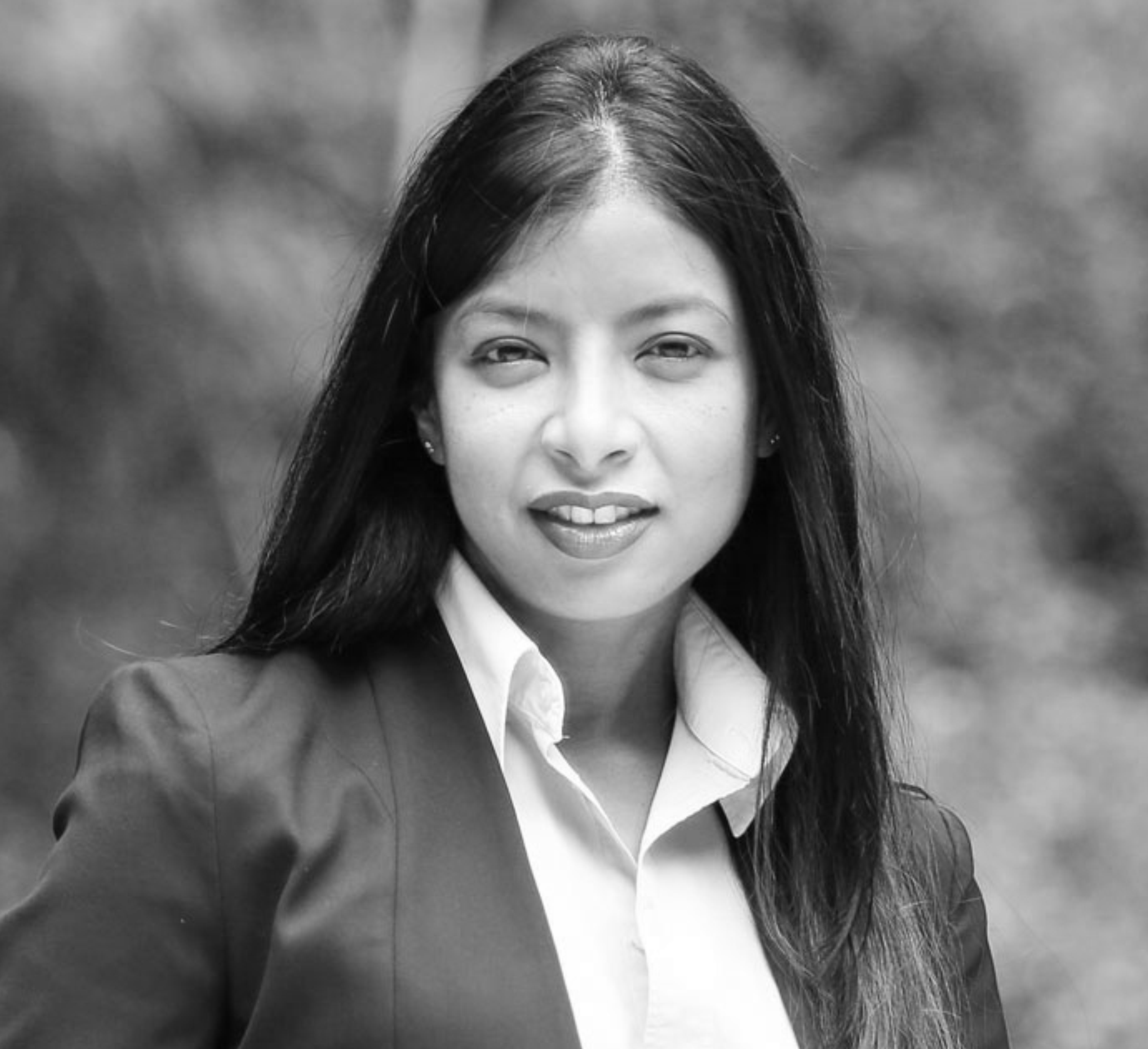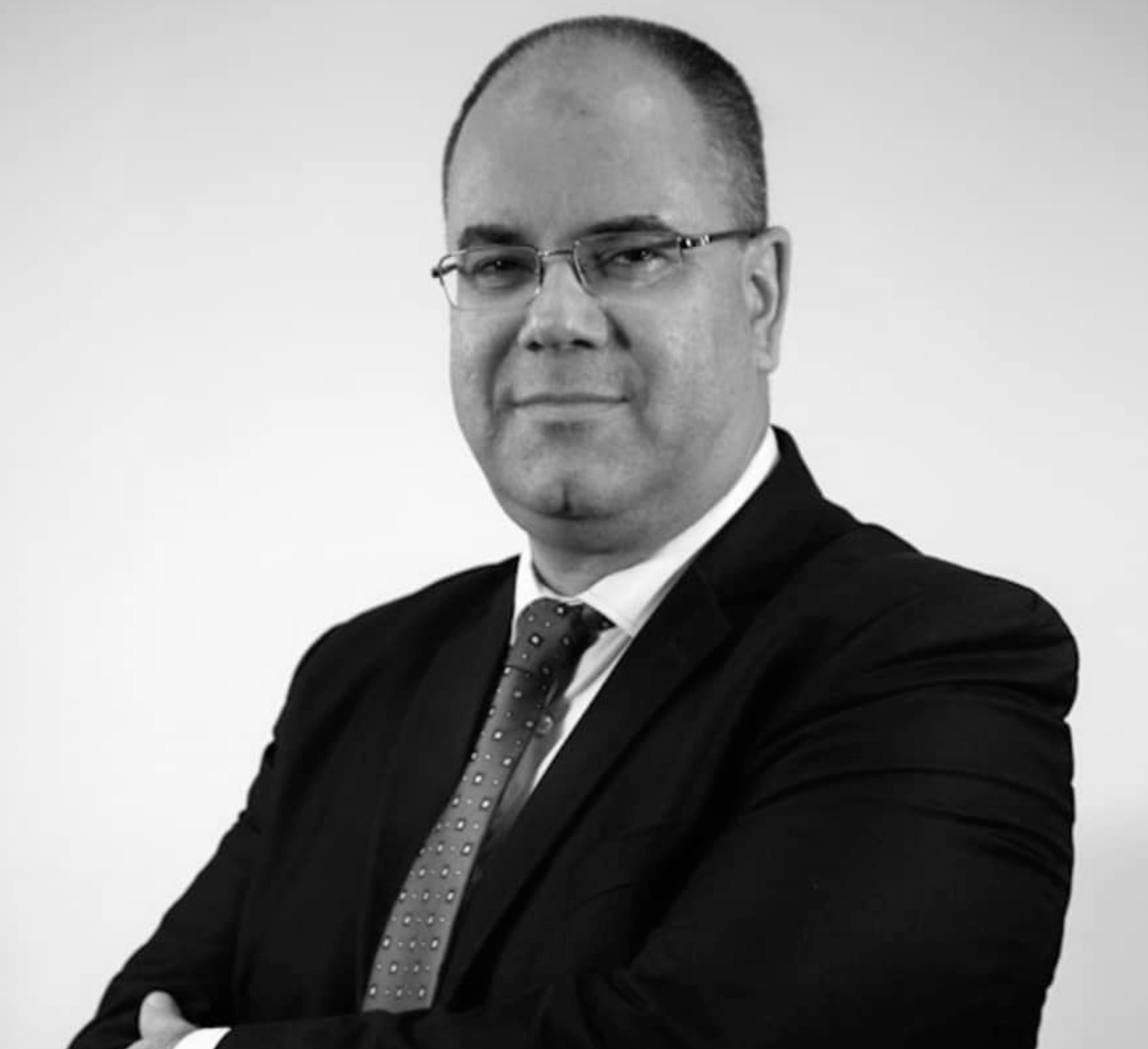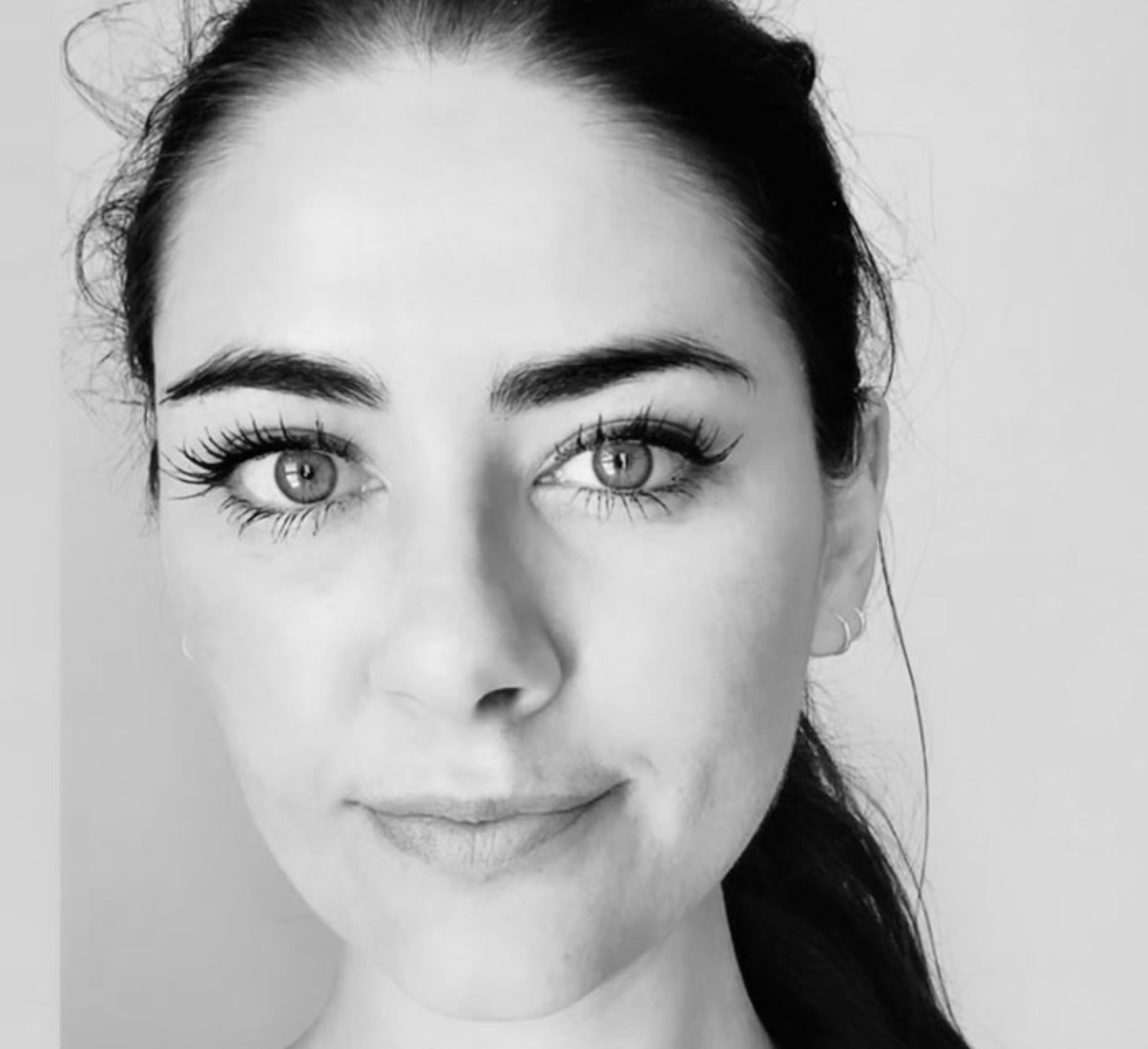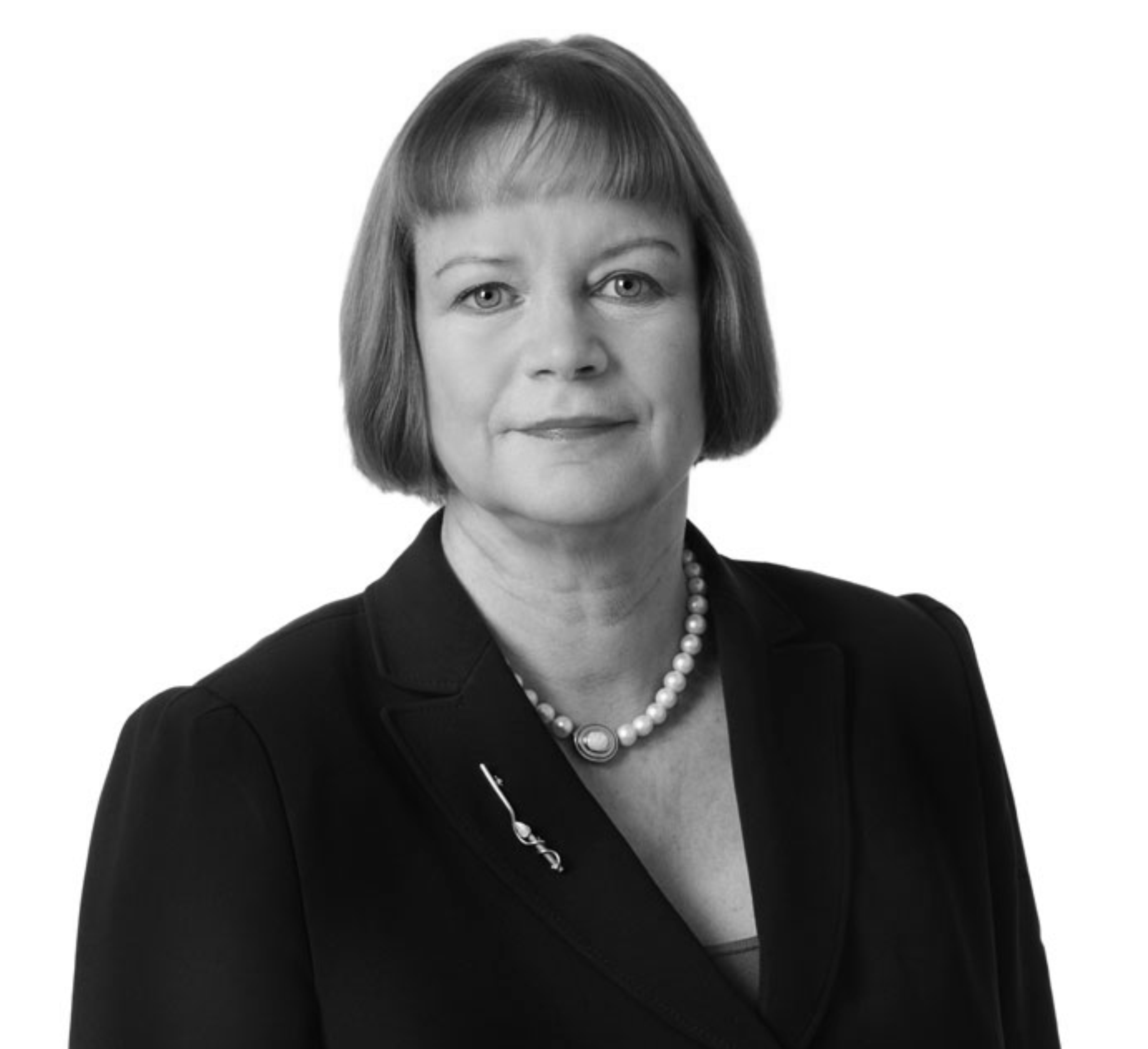127: Bradley Wentzel
‘SA Needs More Business-Focused CFOs’
A passion for numbers, people and retail drives the innovative thinking of Douglasdale Dairy’s CFO, Bradley Wentzel. Now this studious executive is embarking on a new challenge to complete his doctorate, with particular focus on reducing wastage in the food supply chain.

CIARAN RYAN: Today’s podcast is sponsored by Draftworx, which provides automated drafting and working paper financial software to more than 8000 accounting and auditing firms and corporations. CFO Talks is a brand of the South African Institute of Business Accountants. It’s my great pleasure today to welcome Bradley Wentzel, who is the CFO of Douglasdale Dairy, that’s the third largest dairy producer in South Africa. The company has been in operation for 115 years and operates through seven locations across the country. Prior to this, Bradley was finance director at Globaltrack, which is a tracking, manufacturing and fleet management company focused on the African continent. Bradley managed the finance team, as well as the Kenyan and Mozambican operations from an investment, operations, cashflow and reporting standpoint. That gave him unprecedented experience in running cross-border African teams and operations. Before that, Bradley was finance director at Nando’s, where he managed the finance team. He is an Associate Chartered Management Accountant, post university he completed an MBA and wrapped up his CIMA qualification. He’s now completing a doctorate in business through Nelson Mandela University with a focus on FMCG, fast-moving consumer goods, in an attempt to better understand the South African markets and businesses holistically. First of all, welcome Bradley, where are you talking to us from?
BRADLEY WENTZEL: Hello and hello to your listeners. I’m currently at my desk in my office, work from home isn’t a thing when you’re in the dairy business, you have to have boots on the ground. So I come to the office daily and I’m talking to you from here today, in Bryanston in Johannesburg.
CIARAN RYAN: Okay, thanks, we’re also joined by Nicolaas van Wyk, who is the chief executive officer of the South African Institute of Business Accountants. Welcome, Nicolaas.
NICOLAAS VAN WYK: Hello Ciaran, hello Bradley, nice to be with you.
CIARAN RYAN: Bradley, let’s kick off, that list of qualifications, your academic qualifications, is quite something, but we’ll get to that in a minute. First of all, tell us a little bit about Douglasdale Dairy, there aren’t too many businesses in South Africa that have been around 115 years.
BRADLEY WENTZEL: Yes, it’s a very interesting business. It’s been part of the Johannesburg landscape for the last 115 years. Um, A guy called Thomas Douglas came from Scotland in 1905 and settled on this exact site where I am sitting today, brought his wife and set up a little farm here, it was about a 60 000-hectare property. So he put some dairy cows on, he was obviously quite
entrepreneurial and then he thought, well, let me get some bicycles and pass them off to the locals, and then after a while, turned it into a proper dairy farm with cows and full operations and all that kind of stuff. Then in the mid-seventies, it was bought by the current managing family. In 1975, if you know anything about Johannesburg and the Highveld, the temperatures are quiet diverse, in winter it plummets and in summer it’s quite hot, which isn’t very conducive to dairy farming, it makes it really, really tough. So in 1975 there was a business call to take all the cows off the property and we now buy milk from farmers mainly in the Midlands region. So every day a few tankers come up from the Mooi River, Winterton region and we just, pack, process and ship from here. So it’s been on the current site for 115 years, owned by the same family for the last 50 years and has seen it all. I have people working here who have longer tenures than I have been living for.
CIARAN RYAN: So you don’t have farms anymore, so basically what you’re doing is you’re buying milk from the dairy farmers down in the Midlands area, and you’re packaging, processing that and then selling it.
BRADLEY WENTZEL: That’s it, we’re not good at managing cows and managing things like that. We’re good at packing, processing, shipping, understanding how it needs to get to the customer, cold chain, things like that. So we tend to focus on the things that we’re good at and let other people deal with things that they’re good at as well.
Providing discounts during lockdown
CIARAN RYAN: Douglasdale Dairy is a very well-known brand, I think it’s pretty much in all the supermarkets that I know, yet you’re the third largest dairy producer in South Africa. Tell us a little bit about conditions over the last year though, what’s it been like during Covid?
BRADLEY WENTZEL: The Covid business impact, our basic business model is, as you rightly said, we’re in the big retail channels, but then we also deal with businesses, offices, we deal direct with customers as well. So if my truck is going past your house and you have an order that’s of a big enough size, they’ll stop and drop it off with you. As you can see with Shoprite, Pick n Pay, Woolies, all those stores that pushed their numbers out last year, the retail channel was actually quite okay. But obviously, with offices being closed, warehouses being closed, businesses being closed, that channel suffered significantly. We’re a basic food product and with people losing jobs last year and being under a significant financial burden, we took a view to pass as much discount as we could through the retail channels to make sure that people are able to eat through those tough times. So it has been an interesting 15 months now, as we work through Covid, and you’ve got to take those learnings with you as you go forward and do what you can for the country.
CIARAN RYAN: You mentioned that you were actually sitting in your office, how have you had to adjust to manage your teams and your strategic priorities as a result of Covid? Are you working remotely some of the time, are you in the office some of the time? How do you interact with your teams and manage the business?
BRADLEY WENTZEL: We have one plant in Bryanston with about 450 of the 550 staff, who come here daily. So this is the heartbeat of the business. We don’t do a work from home thing, my guys come in here daily, we obviously have very tough food regulations, where we make sure that things are clean and all that kind of stuff because we deal with a basic food product. So my guys come in here daily, which has made it easier in terms of team management. I haven’t had to deal with a lot of Zoom meetings or Microsoft Teams or things like that. Obviously, when I deal with people on the outside, with our customers or suppliers, they’ll tend to have some work from home things. But for us it’s been a more manageable change. That being said, when lockdown kicked in on March 27 last year, my guys and I were still driving into the office daily, and the roads were empty and it was sad. That’s something that I had to talk to my guys about and tell them that it’s all going to be fine. So there was an element of management of the team in that process, where they would be driving to work during what looked like world war Z, where roads were empty.
CIARAN RYAN: That’s right, it’s a handling thing, the loneliness and the separation that comes with all of this. That has been tough. Okay, tell us why you decided to become an accountant.
BRADLEY WENTZEL: I did finance through schooling and then I had the pleasure of having a bookkeeper for a mother, who told me that I was good with numbers and that I was good at balancing things. So when I got to the university stage, I had a look at what I was good at and I did a cost benefit over the next 40 years of my life, and I thought this is something that will get me to where I need to get to in life. I gave it a crack and here I am today.
CIARAN RYAN: What was that place that you were trying to get to?
BRADLEY WENTZEL: To be fine in terms of my finances over the next 50 years. It’s not that I don’t have to worry about money but to be comfortable to give my kids the level of schooling and upbringing that they should have.
CIARAN RYAN: I got it. Okay, tell us about where you grew up and went to school, and then what motivated you to venture to CIMA, MBA and now a doctorate in business? I’m quite keen to learn about your academic career, as much as anything else.
BRADLEY WENTZEL: I went to a good school in Port Elizabeth called Grey High School, where I went from back then it was called Sub A to matric. From there I went to Nelson Mandela Metropolitan University, which was formerly Port Elizabeth University, where I qualified with a BCom in accounting. I then moved up to Johannesburg shortly after doing my articles at Grant Thornton, and I got a really good job at The Pro Shop group. I was under the guidance of a really good mentor who pushed me on daily basis to be better and to learn new things. So I knew that my training wasn’t done in terms of the qualifications or the expertise that I should be getting. The one thing which was really nice about that business is I wasn’t just pigeonholed into a debtors or creditors or you’re just going to do the general ledger maintenance or you’re going to do the management packs or that kind of stuff. The Pro Shop group sells golf clubs, so I would deal with the person who’s at the front desk, to the MD, to business bankers, to everyone. So it taught me to be very broad in terms of my financial, operational processes and abilities. From there I looked to bolster those with things that would prop those up, so my first choice was to do an MBA through my alma mater in Port Elizabeth, which I completed in 2017. Then I always liked the CIMA coursework, I think it’s got good basics and it teaches you a few more things that the CA route doesn’t. So I undertook that and finished in 2019. Then, like I said, I am quite interested in continuous learning and continuous improvement, and I am also not the most academic person in the history of the world, I am a far more practical person. But I have seen a few gaps in terms of what’s out there in terms of learning or some research that can be done, and then I have undertaken to move to the next level in terms of learning and do a doctorate in business, which is a more practical focused doctorate, as opposed to a PhD, which is a research or theory-based doctorate. So doing a doctorate in business, where I can hopefully create something with the work of the team, which will add benefit to the country. So it’s been an interesting journey, it was very well thought out in terms of making sure I had different training and different sets of skills. I didn’t want to be only a finance guy or didn’t only want to be an operational person or a researcher or things like that, I wanted to have a working knowledge of as many things as possible.
CIARAN RYAN: Nicolaas van Wyk, let’s get you in here, I think what’s interesting here is what Bradley has been talking about, again, this has been coming up quite a lot, a fairly non-traditional route towards the CFO position. He hasn’t come the CA route, he’s come from a slightly different way, he’s got the MBA, he’s got a CIMA qualification, now he’s doing a doctorate in business. What’s your take on this, we’ve discussed this before, this is becoming quite common amongst senior finance executives, is it not?
NICOLAAS VAN WYK: Yes, it is. I like what Bradley has said about how he doesn’t want to be just the finance guy, and I think that’s what many people decide when they go to university, they have to make this decision, are they going to take the CA route or a different BCom route. Many people, and I myself, chose a financial management route, then later on did an MBA, and now I am also in the world of being a finance executive. That decision, when Bradley mentioned not wanting to be the finance guy, I think that took me back many years. I also want to know a lot about many things, I think the word is a general specialist, if you were to use the term from the medical fraternity, because business is so diverse, and also that practical approach that Bradley has mentioned. I think that’s a nice comparison between where Bradley is currently working, there’s such a long history with Douglasdale and it’s a very practical business, it’s distribution and fast-moving consumer goods, I’m sure he can tell us a lot of challenging stories in making sure that everything arrives on time. That’s a typical CFO that we see who’s needed in South Africa and for the future, and why we developed as a professional body, we followed a lot of research from Canada specifically, Europe and the US, where the whole movement is towards specialist managers in that CFO role. We registered the designation for that typical CFO, which is the alternative, I suppose, to a more accounting focused, being a technical accountant, and we also signed a MOU with CIMA, which I think is an amazing organisation, and the two of us now are really exploring this new modern CFO. So what Bradley is saying, reflects what’s also happening from a professional body perspective.
‘95% of my job is people management and five-year views.’
CIARAN RYAN: I think some of the competencies that we’ve discussed before on a few occasions here on CFO Talks that are expected of the modern CFO and it’s really deviated so far away from the technical aspects of accounting, to things like strategy, team management and communication, and also an understanding of technology and how technology is impacting all of this. Maybe let’s bring you back in there, Bradley, and just talk about that, there are certain things that the traditional CA or the traditional accounting route, they’re not going to equip you for this high-level understanding of business that’s required. Would you agree with that?
BRADLEY WENTZEL: Definitely, the things that I quite like about the route that I have taken, and also what you and Nicolaas have just said, is the normal CA route will be four years of university, three years of articles, and of you do the big four you’re normally put into debtors or creditors or you’re in a bank or one of those things. It doesn’t train you on how to deal with one of your team member’s mother who’s just died or how to plan a five-year going forward for an SME or how to deal with the soft things, how to manage people. That’s where it’s currently battling and where the benefits of CIMA, which has a really good people management and strategy module in it, and the likes of a more general based, I don’t want to pitch an MBA too much, but a more general based leadership or management-based training course that just gives you those extra soft things, which will help you get through a business. What I have seen in my time as a CFO, is a very seldom am I called on to do a deep technical diving, there are experts who you can lean on for that, but 95% of my job is people management and five-year views, and also being a partner to the CEO, get him what he needs, when he needs it, and to look after the people with me and working for me. That’s the basic role of the modern CFO, in my mind.
CIARAN RYAN: Is that something you fell into, when you say 95% of your time is dealing with people, I guess you’ve got to be able to delegate down to your team. You’ve mentioned that you’ve got the technical skills, you don’t have to do everything yourself but you’ve got to make sure that everybody is covering their particular post. Would you say that there are certain things that this is through experience that you come to a situation like that, where you are spending 95% of your time dealing with people or is that something you actually planned?
BRADLEY WENTZEL: Part of what I need to do in my role is give as much knowledge as I can to the people who are with me. Like I said earlier on, I was quite lucky in that I had a mentor in my first business out of articles, who taught me a lot of what I know currently. I’ve tried to take as much as that as possible with me throughout my business life and be quite cognizant of the fact that the people who are normally with me and normally younger, normally well qualified, but haven’t been in business as long, and my job is to grow them through their process as well. So that might be giving them some of the knowledge that I learned in my first, second or third job, or listen to them when they’ve got a problem or sit and talk to them when they can’t figure something out, it’s part of what management is. Also, in South Africa, as Nic said earlier, we have a brain drain, so it’s very important for people who are in management roles to pass as much knowledge as they can down to people under them, so that we can try to get this country moving to where it need to get to. We live in a lovely place, it’s had a bit of a rough time and if all of us pull in the same direction, we’ll make it out of it, I think.
CIARAN RYAN: Nicolaas, let’s bring you back in here again. This point that Bradley just mentioned about teaching and mentoring, this is clearly part of the whole thing, and I want you just to elaborate a little bit on the CFO (SA) designation and why that fits in here to this conversation because there isn’t a lot of this structured mentorship and teaching going on in the profession.
NICOLAAS VAN WYK: Yes, each time that we do these interviews and specifically with the guys with the CFO (SA) designation, I think what attracts them to it is exactly this part, that training and development inclination that all of them have, it’s really a standout characteristic, they fully realise that they are not a specialist in all areas and they realise that they need the team to assist them to take the business forward, and to have a stable team requires mentorship, coaching, training and development. We also see them wanting to develop, as a natural inclination, the next generation. I think that is what Bradley just said about South Africa, if we all pull in the same direction. That is why you need a business-minded CFO in your company, where a more technical route doesn’t necessarily provide this for you, it’s something that you gain through many years of experience and additional training and development. What we’ve tried to do with our designation that we’ve registered with SAQA is exactly to reflect this career development of Bradley as a typical candidate for our designation, to say what is it that employers value, what is it that CFOs actually do. We’ve been greatly assisted there with the research done, specifically in Canada, and some of the big four, the four pillars of being a modern-day CFO, stewardship, operational, as the basis but then moving into being a catalyst, where the training fits in, and also a strategist, where you become a business partner. So what we’ve been trying to do because we have this big vision, as Bradley mentioned, we need to stand together, we need to improve business and we need to take the country forward. But to do that we need to standardise and unify the CFO profession, so that our businesses can compete internationally. We have a little bit of an isolationist approach still in South Africa, due to our past, and as SAIBA we view ourselves as competing with the rest of the world. So we don’t like this internal focus approach, we’re a little bit more expansionary, so we’ve built this designation to address that issue.
Substantial wastage in the SA food supply chain
CIARAN RYAN: Very interesting. Bradley, maybe you come in here and just to that and this approach towards developing a new type of CFO and the competencies and skills that are required there. I was very heartened to hear that you are spending time training your own team because you are, in a sense, cultivating then the next generation of senior execs. Just talk about that for a minute and how much of your time is spent on that.
BRADLEY WENTZEL: I’m really happy that there’s CFO (SA), which is out there and trying to take a role, which is seen to be a deeply technical role, where you’re a tax expert and you’re and auditing expert and you’re all these kinds of things, and turn it into being more of a general expert, with a finance underpin, which in my mind is what the modern CFO is. People often come to me and look at me like I am the outlier, where I am a CIMA-qualified guy with an MBA, who sits in a CFO role, and I shouldn’t be the outlier, I should be part of the norm. So I’m really happy about what Nic and his team are doing because, in my mind, this is what the company needs, this is what SMEs need, they need a more business-focused CFO or finance manager who can help all the SMEs move forward because SMEs are the engine of the country. It’s not a big Anglo person or a big SAB person who’s going to get us out of this slump that we’re in, it’s all the SMEs moving forward daily. So I am really, really happy that this is what the guys are doing.
CIARAN RYAN: Just going back to your doctorate in business that you’re doing at Nelson Mandela University, it sounds very broad, is there a specific focus? What’s your thesis going to be about?
BRADLEY WENTZEL: It can get quite technical but for your listeners, there is quite a lot of wastage in the food supply chain in South Africa, where for all the food that’s manufactured in the agricultural sector, one third of it gets wasted from farm to fork. My whole thesis or research topic is to try and decrease some of that waste, mainly through planning the demand at the retail channel through clever price planning and promo work and things like that, to then make sure that the manufacturer doesn’t have to make it if it’s not going to get sold, make sure that the farmer doesn’t have to produce it if the manufacturer is not going to buy it. Then also the last little caveat is to figure out where the breakpoint is in any good, which expires at a retailer, just prior to it going off, figure out a way that we can then repurpose that to give to those who are in need at a nil cost to the retailer or the manufacturer, as it would have been worth basically nothing anyway. So there’s an element of trying to decrease waste, as well as figuring out when we can give something to those who need it, which is quite a big thing in this country, where you’ve got 42% unemployment and people going hungry daily.
CIARAN RYAN: Very good. We’re running out of time here, a couple of quick questions. What do you do in your downtime?
BRADLEY WENTZEL: I like to do different things, I play quite a lot of sport, I ride, run and play a bit of hockey still. I like to read a bit, I’m currently working on a motorbike, so I like to try and do as many different things as possible to give myself as big of a training and as big of a base as possible as well.
CIARAN RYAN: When you say motorcycle, what do you mean, are you building one?
BRADLEY WENTZEL: I’m building one at the moment, it’s in a thousand pieces in my garage. I thought that I didn’t know how the internal combustion engine works, which is on its way out, but I would like to see how it works anyway. So I broke down a bike and I am now putting it back together to just see how everything works, and then I can do it going forward.
CIARAN RYAN: Okay, so this is very much a laboratory-type experiment for you?
BRADLEY WENTZEL: The bike was a bit of a mess and I’m fixing it up, and hopefully I get to race it around. That’s the ultimate goal is to have a bit of fun on a bike as well.
CIARAN RYAN: What kind of bike?
BRADLEY WENTZEL: It’s a Yamaha YZ125, it’s an off-road bike.
CIARAN RYAN: You said that you like reading, what books would you recommend?
BRADLEY WENTZEL: I’ve just finished one, which is actually quite poignant to this chat. There’s a book called Range: Why Generalists Triumph in a Specialised World by Daniel Epstein, which I finished a couple of months ago, and the whole point of that book is how generalists triumph in a world where people are more focused on niche items, which I think is really, really good and that I must pitch to all of your listeners. Then on a more interesting angle for sports, another good book is Endure: Mind, Body, and the Curiously Elastic Limits of Human Performance by Alex Hutchinson, which is a book about testing human limits and how people can push themselves when they really, really need to. The last book, which is also really interesting, which is more about how you can find gaps where they weren’t or other people might have missed it, and that book is Loonshots: How to Nurture the Crazy Ideas That Win Wars, Cure Diseases, and Transform Industries by Safi Bahcall, which if you had done a small little pivot, you could have opened up an entire sector for yourself, and it’s how you see those.
CIARAN RYAN: The takeaway from that is basically thinking a little bit outside of your normal narrow channels and try to open up new opportunities for yourself?
BRADLEY WENTZEL: An example of that is Xerox invented the mouse, which not many people know. Xerox invented Windows but they didn’t see the opportunity to make it what it is today. If you change your thinking just a little bit, you could have changed the entire world or Xerox wouldn’t only be a copier, printer as it is now, it would be the Microsoft or a version of it.
CIARAN RYAN: Fascinating. Nicolaas, do you have any final comments from you before we close off?
NICOLAAS VAN WYK: I’m just amazed about the doctorate that Bradley is currently doing, I think that is so practical and so relevant these days. I know the UN discusses sustainable development goals and then they’ve got these solutions, which I don’t think is always the best ones. Whereas Bradley’s idea is where you rather work with businesses and the supply chain to see how you can improve to benefit society. So good luck with that and we would love to cover that in our Accounting Weekly or maybe in a future CFO Talks. I think the research that Bradley is doing can be a perfect article for CFO Talks and we would love to showcase that. Thanks for sharing those books, endurance, that’s so important and that goes to self-discipline and if you think correctly and you can control your thoughts, then you can achieve a lot.
CIARAN RYAN: Anything you want to add there, Bradley?
BRADLEY WENTZEL: No, that’s it, thank you guys for your time, it’s been a lovely chat and I look forward to chatting again in future.
CIARAN RYAN: Yes, we definitely want to stay in touch with you on your study thesis, that’s definitely something we want to pick up with you. Thanks very much for sharing those insights, which were fascinating. Thank you, Nicolaas, for coming in and giving us your insights as well.
NICOLAAS VAN WYK: Thanks Ciaran, thanks Bradley.

